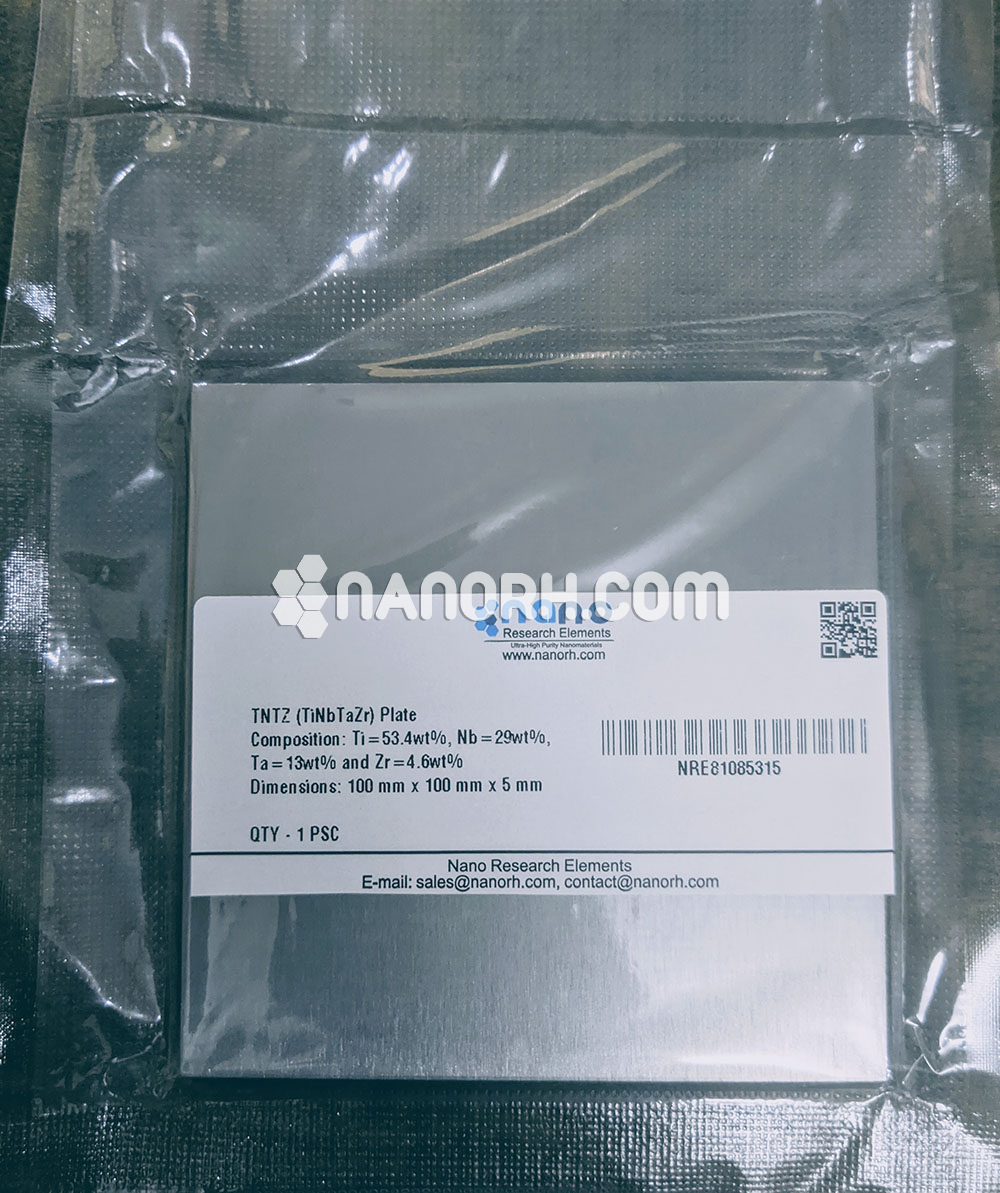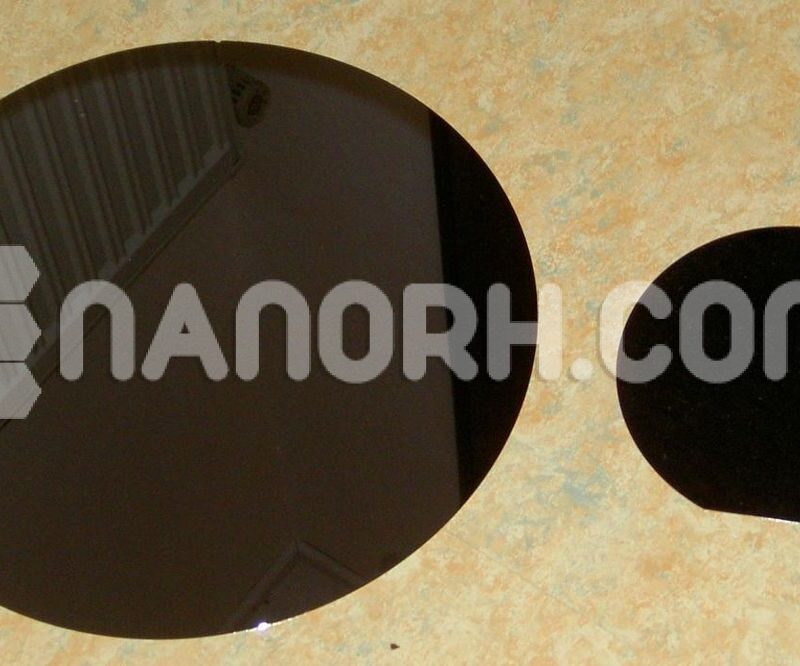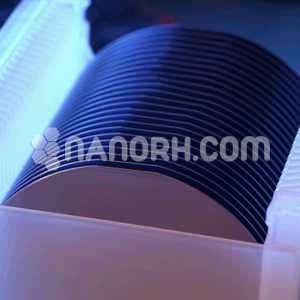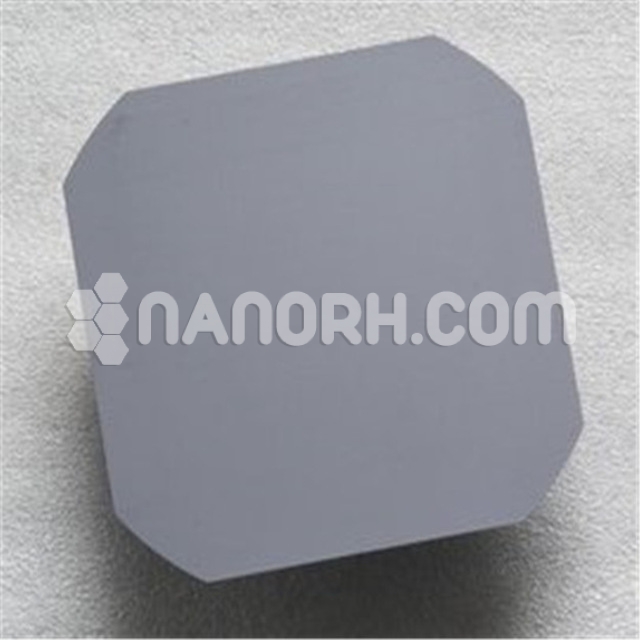| TNTZ Sputtering Target | |
| Product No | NRE-43161 |
| CAS No. | NA |
| Formula | Ti–23 Nb–0.7Ta–2Zr |
| Molecular Weight | NA |
| Purity | >99.9% |
| Density | NA |
| Thickness | 3 mm ± 0.5mm (can be customized) |
| Diameter | 50 mm ± 1mm (can be customized) |
| Shape | Round |
| Electrical Resistivity | NA |
| Electronegativity | NA |
TNTZ Sputtering Target
Introduction:
TNTZ, sputtering target or Titanium Nickel Zirconium, is an alloy known for its unique combination of properties, including excellent corrosion resistance, good mechanical strength, and favorable biocompatibility. These characteristics make TNTZ an attractive material for various applications, particularly in the biomedical field and advanced coatings. Sputtering targets made from TNTZ are used in physical vapor deposition (PVD) processes to produce thin films that meet specific requirements for performance and durability.
Applications
Biomedical Implants: TNTZ is commonly used in the fabrication of medical implants, such as dental and orthopedic devices, due to its biocompatibility and ability to integrate well with bone.
Corrosion-Resistant Coatings: The alloy is utilized to create protective coatings on components exposed to harsh environments, such as marine or chemical processing applications.
Aerospace Components: TNTZ coatings can enhance the performance and longevity of aerospace components, where weight reduction and corrosion resistance are critical.
Thin Film Transistors: In electronics, TNTZ thin films can be used in various devices, including sensors and transistors, due to their conductive properties.
Surface Hardening: TNTZ can improve surface hardness and wear resistance, making it suitable for cutting tools and other industrial applications.
Advantages
High Purity: Sputtering targets can be produced with high purity, which is essential for achieving superior film quality and performance in applications.
Controlled Composition: The sputtering process allows for precise control over the alloy composition, enabling tailored properties for specific uses.
Biocompatibility: The material’s compatibility with biological tissues makes it ideal for medical applications.




